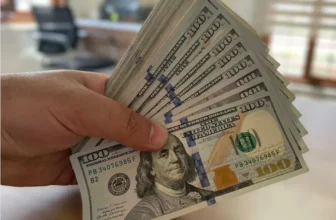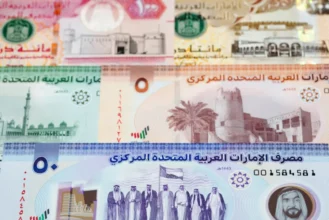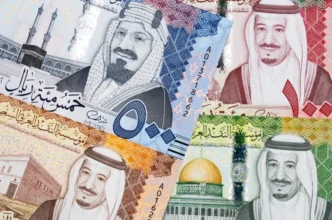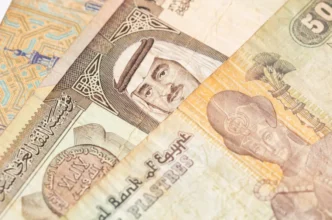Federal Government Reduces Proposed Tax on Solar Panels to 10% Amid Industry Pressure
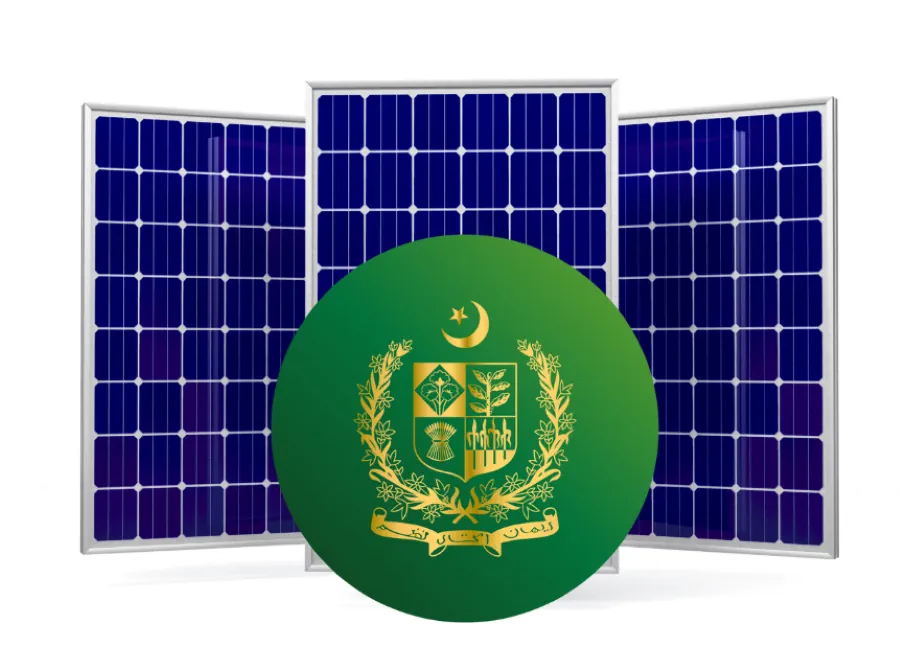
In a significant policy adjustment, the federal government has agreed to reduce the General Sales Tax (GST) on imported solar panels to 10%, down from the initially proposed 18%, Deputy Prime Minister Ishaq Dar announced on Wednesday.
Speaking during a session of the National Assembly, Dar stated that the revised rate was reached after mutual consultations. “We have agreed on 10% tax on solar this year instead of 18%,” he confirmed, acknowledging growing public and parliamentary opposition to the original proposal included in the 2025–26 federal budget.
Also Read:
The adjustment follows a unanimous rejection of the 18% GST by the National Assembly’s finance committee a day earlier. The original tax hike had been aimed at generating revenue and promoting local solar manufacturing under Pakistan’s commitments to fiscal reforms linked to the International Monetary Fund (IMF) loan program.
According to projections, the government anticipates solar imports exceeding Rs110 billion in the upcoming fiscal year and expects to collect Rs20 billion (approximately $71 million) in revenue from the revised 10% tax. Despite this, experts warn that even the lowered rate may still slow down Pakistan’s momentum in solar adoption, which has grown rapidly in response to rising grid electricity prices and recurring power shortages.
Data from UK-based energy think tank Ember shows solar energy contributed over 14% to Pakistan’s power mix in 2024, up from just 4% in 2021 — surpassing coal to become the country’s third-largest energy source. This growth has been driven primarily by household and commercial users seeking reliable and affordable alternatives.
Supporting this trend, Islamabad-based Renewables First reports that Pakistan’s net-metered solar capacity has soared from 1.3 GW in FY2023 to 4.9 GW by March 2025 — more than tripling in under two years.
Defending the revised tax, Federal Board of Revenue (FBR) Chairman Rashid Langrial highlighted that while locally assembled solar panels have long been taxed, imported ones remained duty-free, placing domestic manufacturers at a disadvantage. He also cited issues such as over-invoicing and under-utilisation, noting that of the 32,000 MW of solar imports recorded in the past five years, around 13,000 MW remain idle.
Langrial said the new policy would help level the playing field for local producers and improve transparency in the sector. The move also aligns with the government’s broader strategy to reform Pakistan’s debt-laden energy sector, which has been under pressure due to rising power and gas tariffs mandated by the IMF.
Read all the Breaking News Live on pakistantimes.com and Get Latest English News & Updates from Pakistan Times. Follow us on Whatsapp channel for more.

